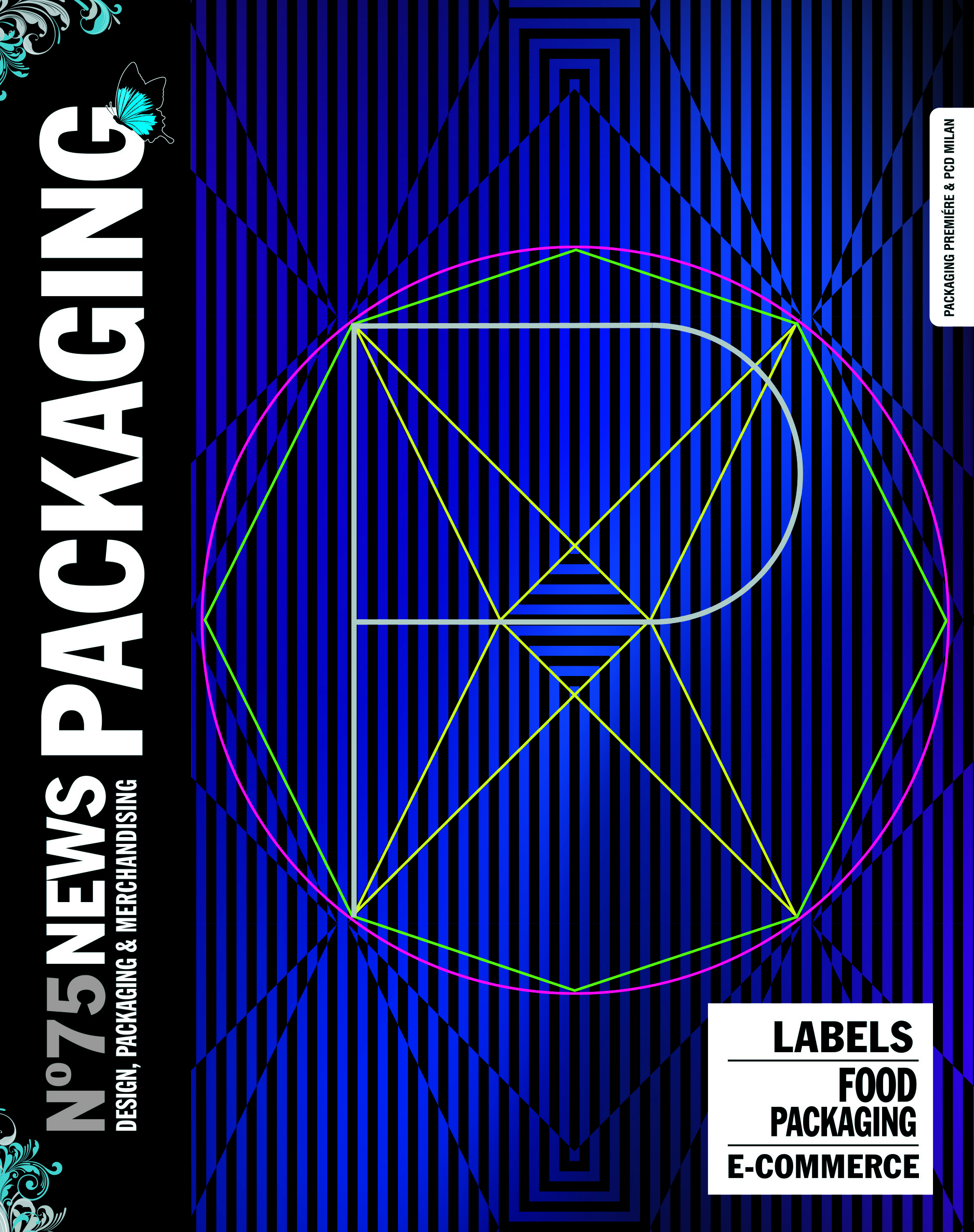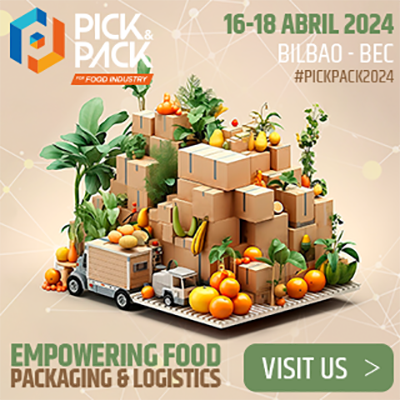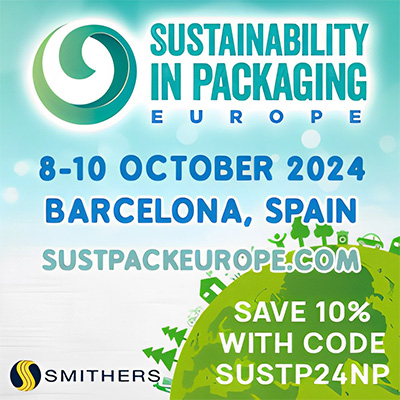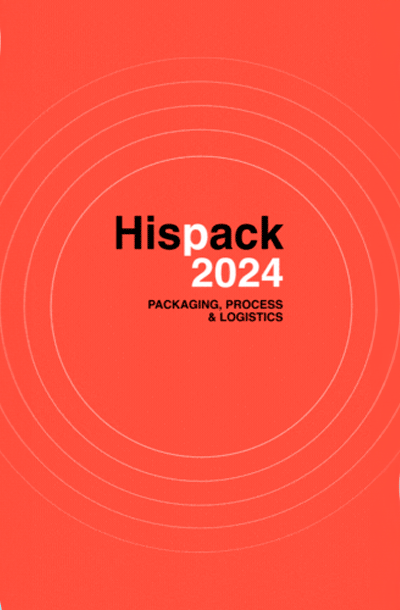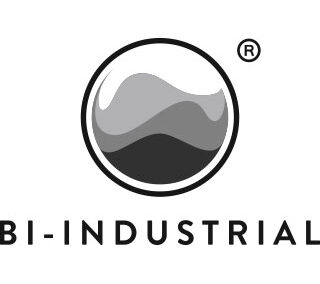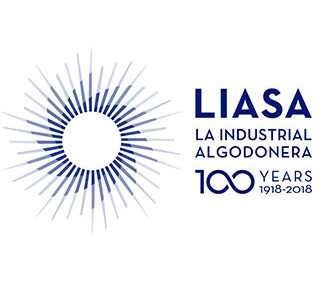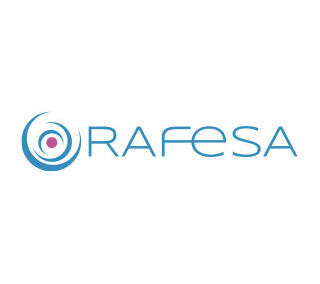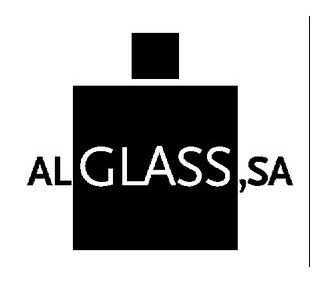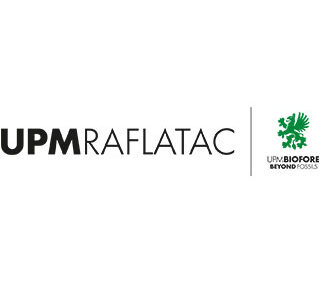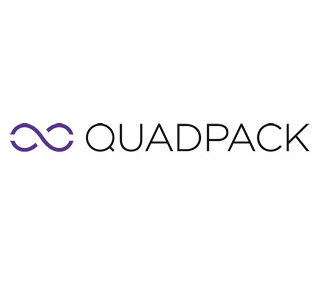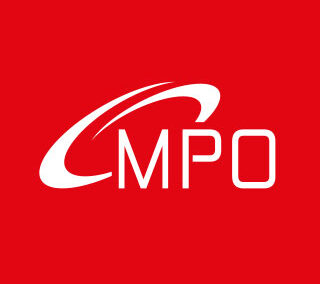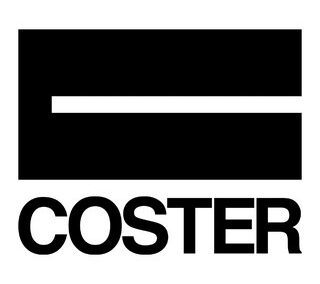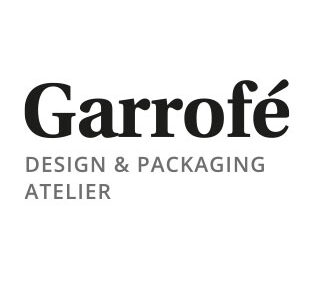The Technological Institute of Plastic, AIMPLAS, has just completed the development of a new totally biodegradable packaging for bakery and pastry products from waste generated by the industry itself.
These are the results of the European BREAD4PLA project, started in 2011 and which will have been successfully completed by the end of the month.
"We were looking for a polymer made from sliced bread crusts and biscuit remains that could later be used in the preservation of these products and that would be biodegradable, in order to close the cycle", says Rosa González, principal investigator of the project at AIMPLAS .
Thus began the project funded by the European Union LIFE + program in which researchers from CETECE, Cereal Technology Center (Spain), Leibniz-Institut für Agrartechnik Potsdam-Bornim eV -ATB (Institute of Agriculture, Germany) have also participated , Biocomposites Center of the University of Bangor (England) and AIMPLAS, in Spain.
With the support of companies such as Panrico and Grupo Siro, it has been possible to obtain lactic acid from the fermentation of crusts and residues of sliced bread and biscuits. This monomer has been polymerized to get polylactic acid or PLA and make plastic containers with it. The result has been a new material, a PLA film, with which bags and trays have been made to package different products in the bakery and pastry sector.
The new containers have characteristic oxygen and water vapor barrier properties that make them especially suitable for the packaging of pasta and shortbread, achieving a shelf life of twelve months, equal to that of traditional containers for these products, such as polypropylene (PP) containers.

